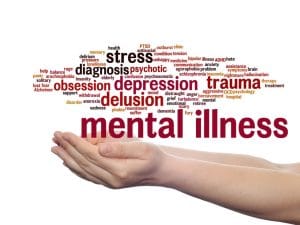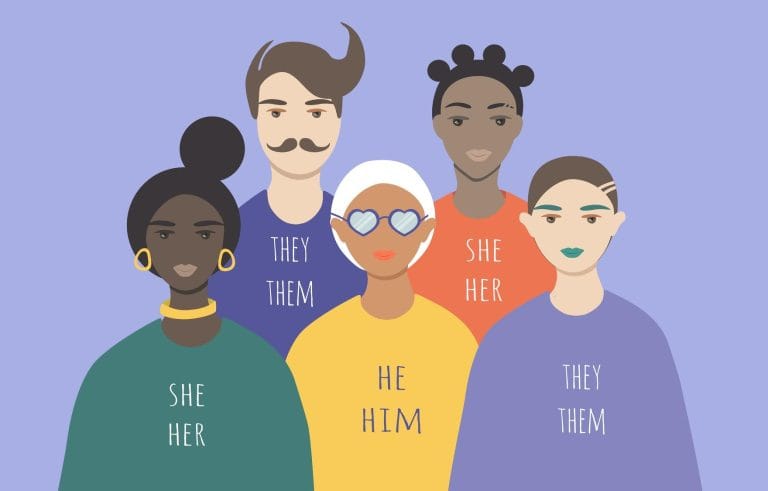
In Kenya’s capital of Nairobi, you will be welcomed by a scene of teenagers crowding streets in
the name of content creation. Normally, the young adults engage in a number of activities
ranging from street photography, dancing and pranks, all amounting to content creation.
To some, the youth might seem lost, but in reality, they use content creation as a way to escape unpleasant effects that result from their everyday lives.
Behind the smiles and filtered photos, lie stories of silent battles, an increasing mental health
crisis affecting young people.

According to the World Health Organization (WHO), mental health is a major concern in Kenya. The country has a high rate of mental health conditions, including depression, anxiety, and substance use disorder. A statistic by WHO states that a staggering 1 out of 4 persons who seek healthcare in Kenya have a mental health condition.
Resilience Action International, a non-governmental organization that train youths on business skills and entrepreneurship, states, “depression, a prevalent global mental disorder, affects a significant portion of the youth. Approximately 4% of children aged 12 to 17 and 9% of those aged 18 to 24 suffer from major depressive disorder (MDD), underscoring the vulnerability of youth and children to mental health issues.”
Betty is a 19-year-old university student struggling with anxiety and depression. During a tete a tete with YOUNIB, she says her day begins with a routine that feels isolated. However, she
pretends everything is okay. “I always feel like I am not doing enough, even when I’m pushing myself to the limit,” Betty said continuing, “my nights are often marred with overthinking and self-doubt.” The pressure to succeed academically, clouded with the constant comparison on social media, has left many young people like Betty feeling inadequate. Media platforms, designed to help youth socialize, have now become sources of anxiety, breeding insecurity about physical appearance, achievements, and even relationships.
Consequently, some youths are subjected to responsibilities that they are unable to fulfill
becoming a burden and aggravating their emotional damage. Kelvin, a 22-year-old, shares his story: “I lost my father when I was 16. Everyone expected me to step up as the man of the house, but no one asked how I was coping emotionally.” For years, Kelvin held on to his feelings until they ruptured into anger and prolonged periods of sadness. “I didn’t even know I was dealing with depression. I thought I was just weak,” he added.
Mental health being a significant concern in the young generation, government has been urged to introduce policies that will help curb it in the country and help groom a healthy youthful generation.

Dr. Wanjiru Mwangi, a mental health advocate, emphasizes the importance of normalizing
conversations about mental health. “We must create safe spaces for youths to express themselves
without judgment. Parents, teachers, and communities play a critical role in breaking the
stigma,” she says.
As the world becomes more interconnected, the mental health challenges of young people must
not be overlooked. Behind every seemingly perfect Instagram post could be a cry for help. Betty
and Kelvin represent a generation that needs understanding, support, and hope. For Betty, therapy has been a lifeline. She’s learning to manage her anxiety and embrace imperfection. “Healing is a journey,” she says. “And for the first time, I feel like I’m not walking it alone.”


